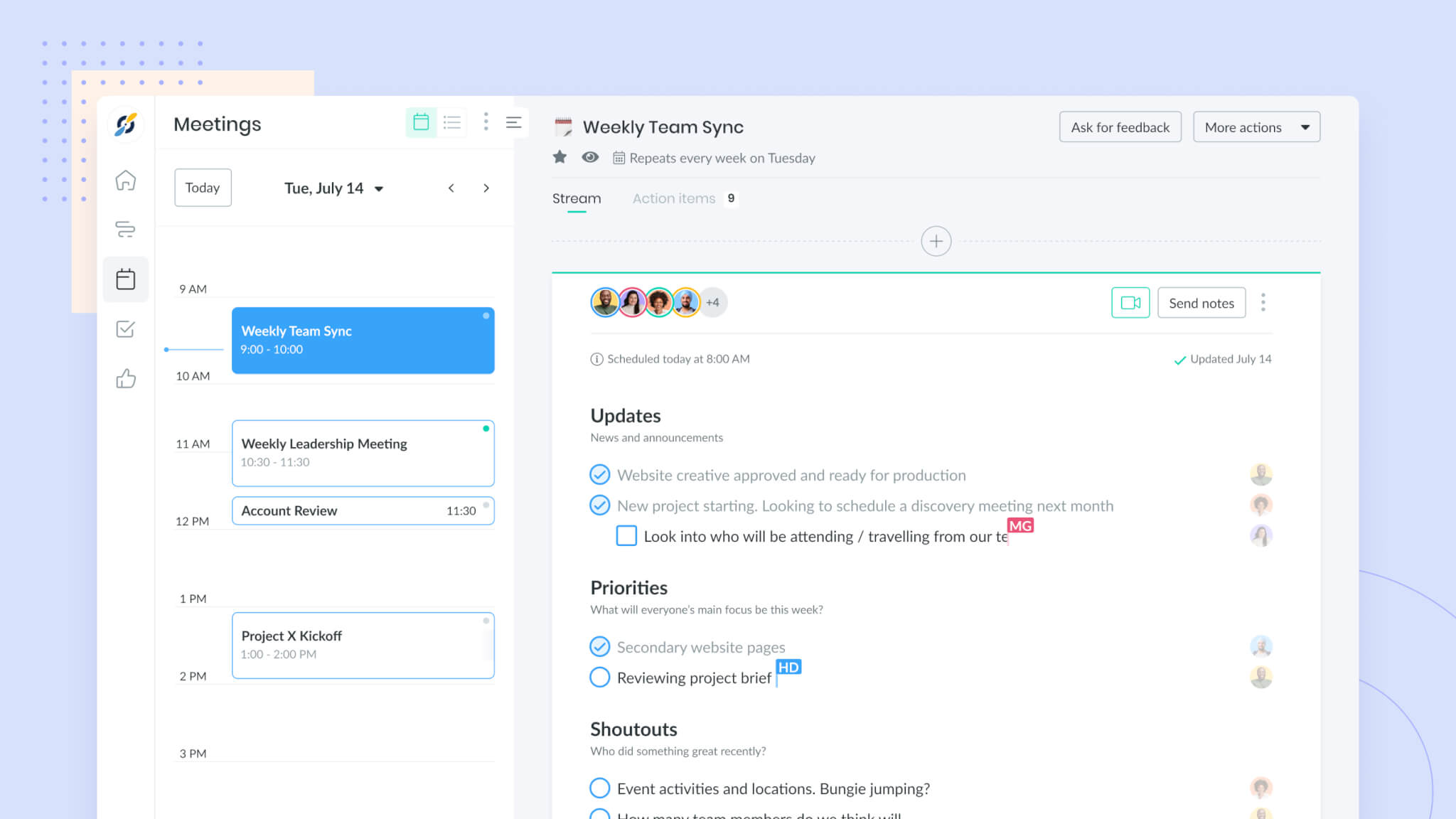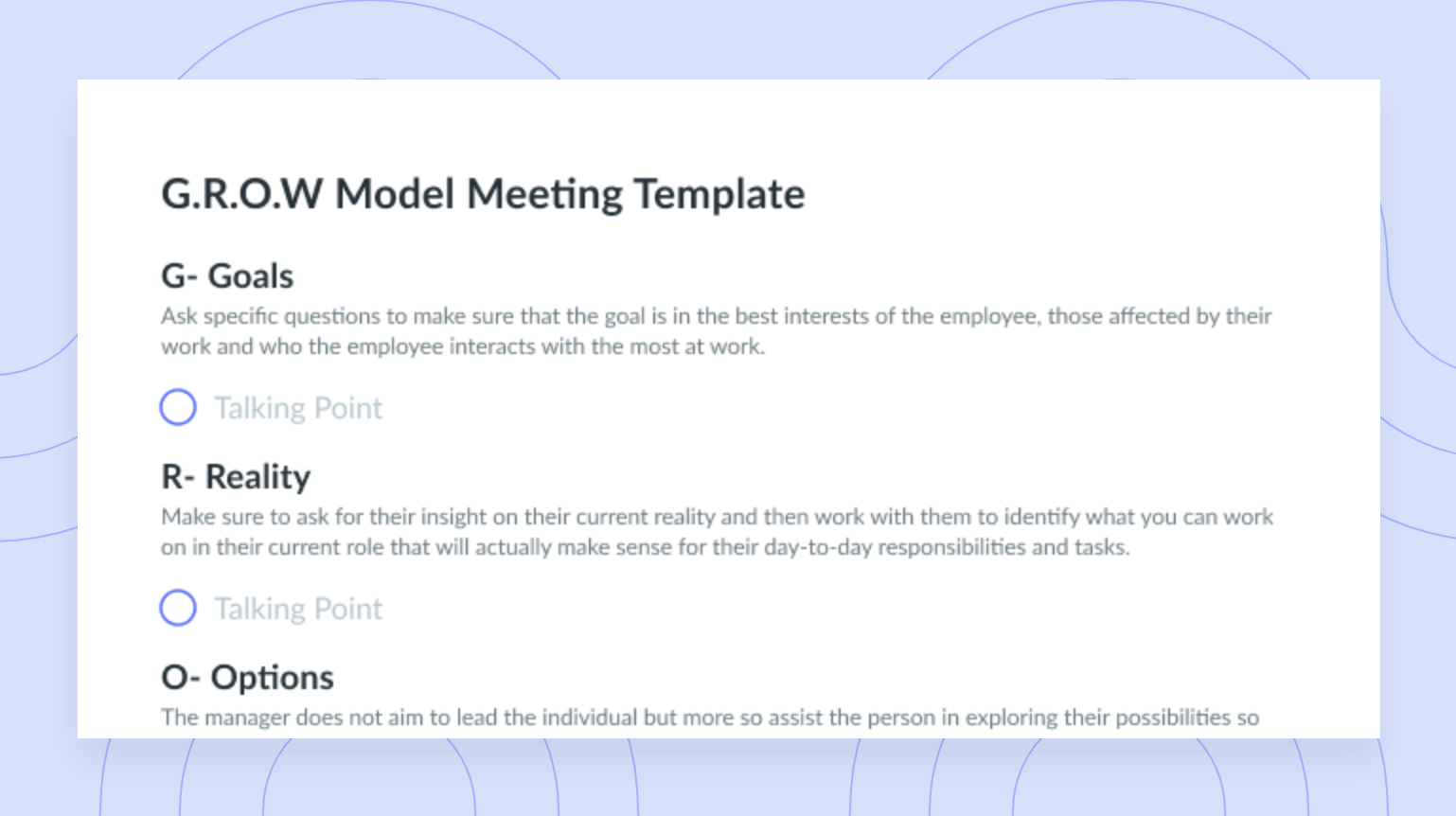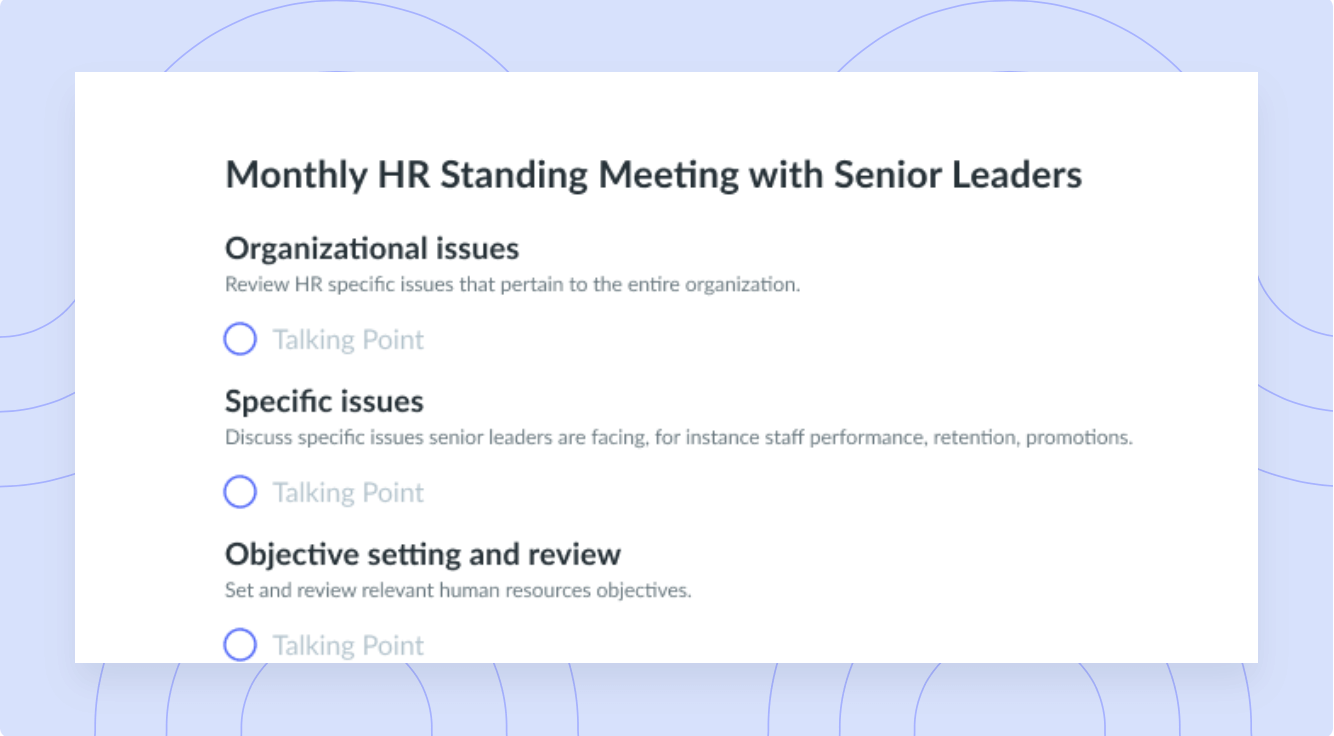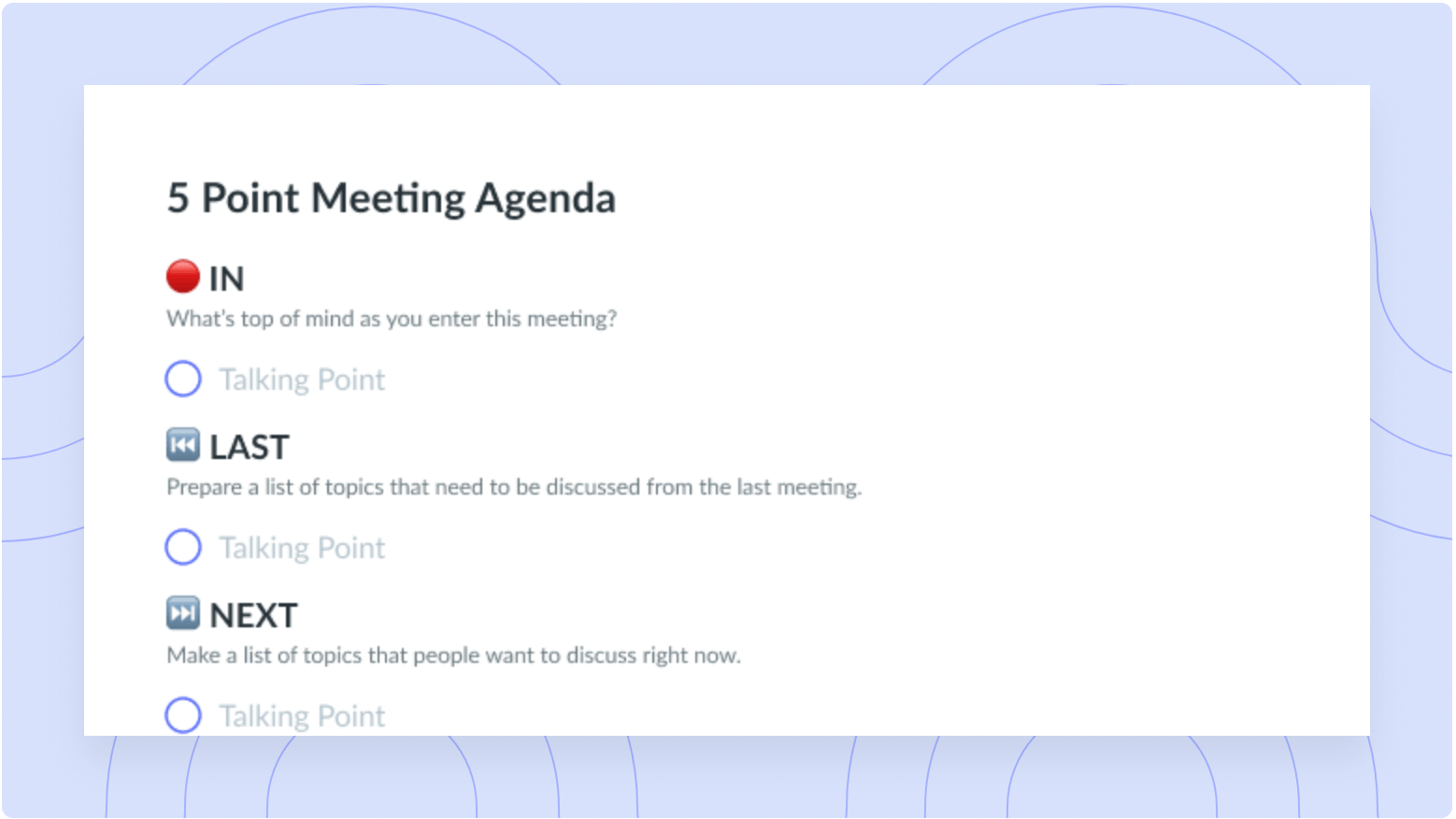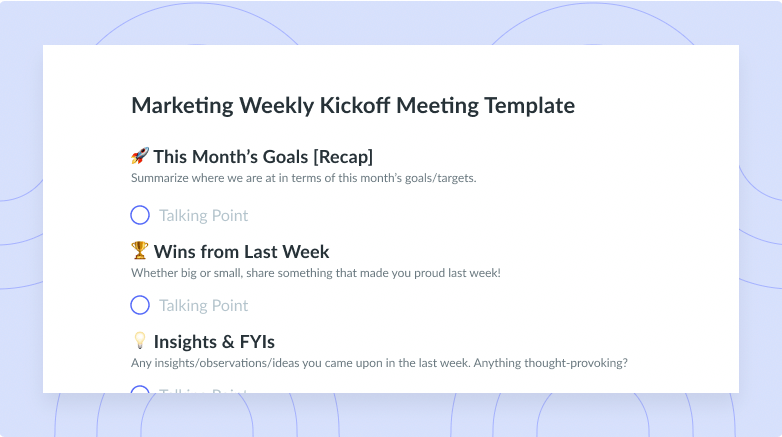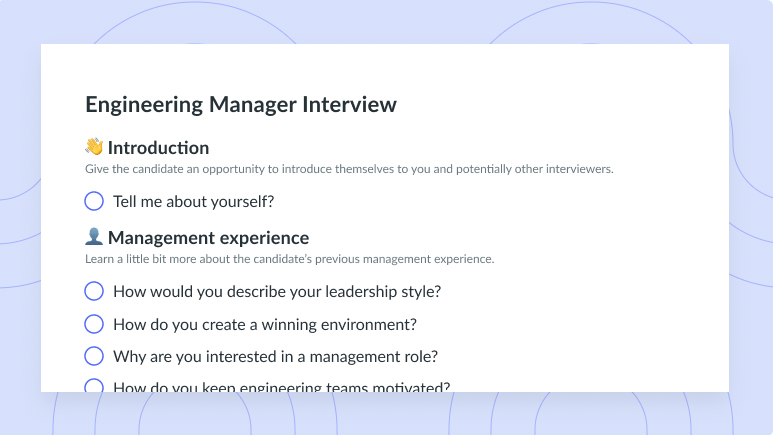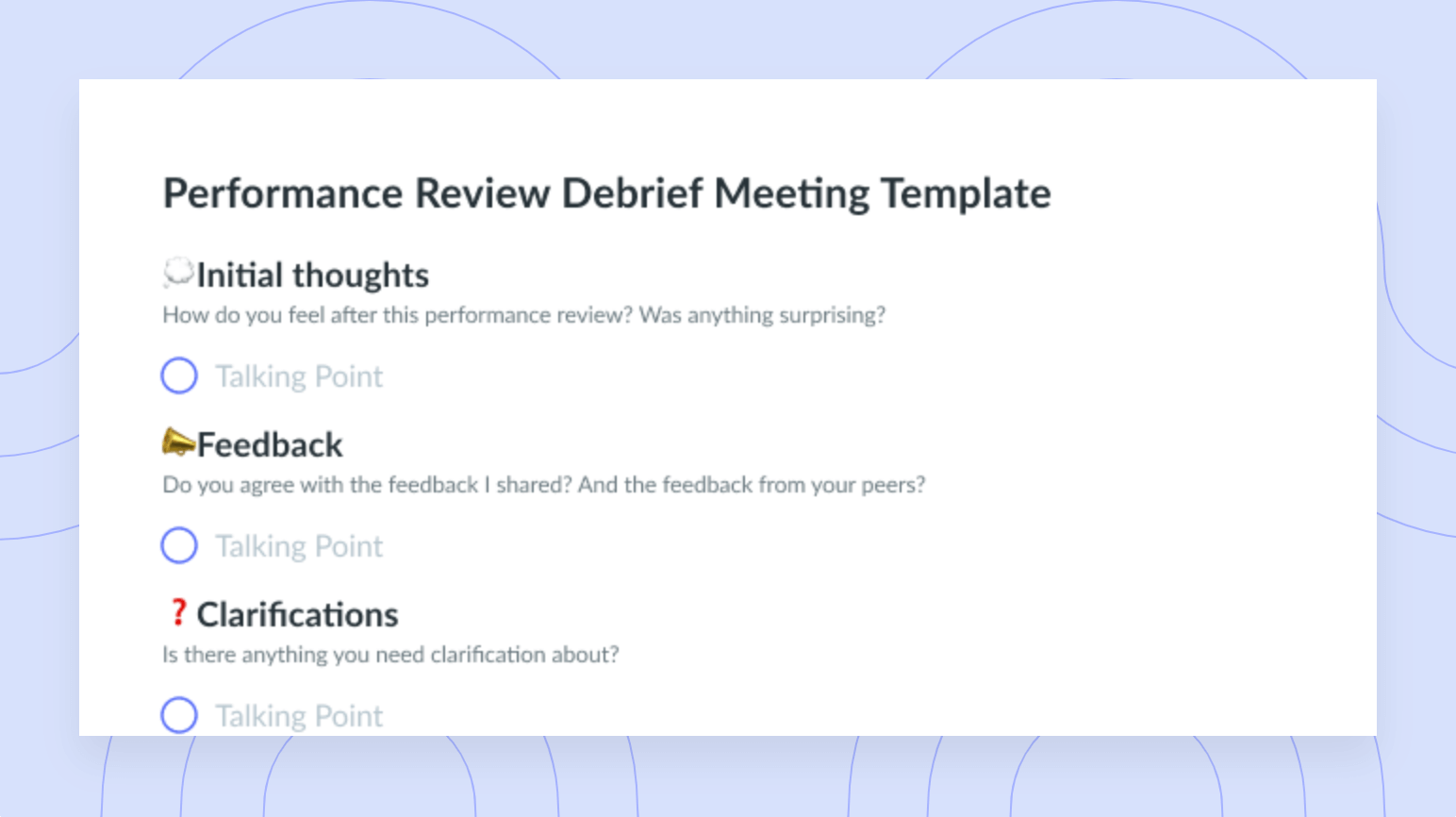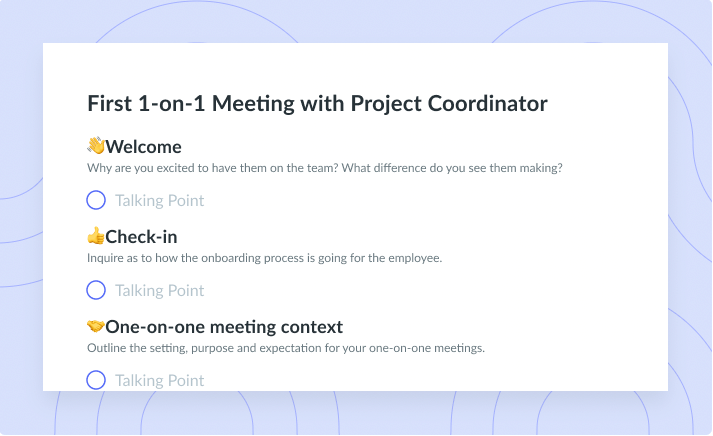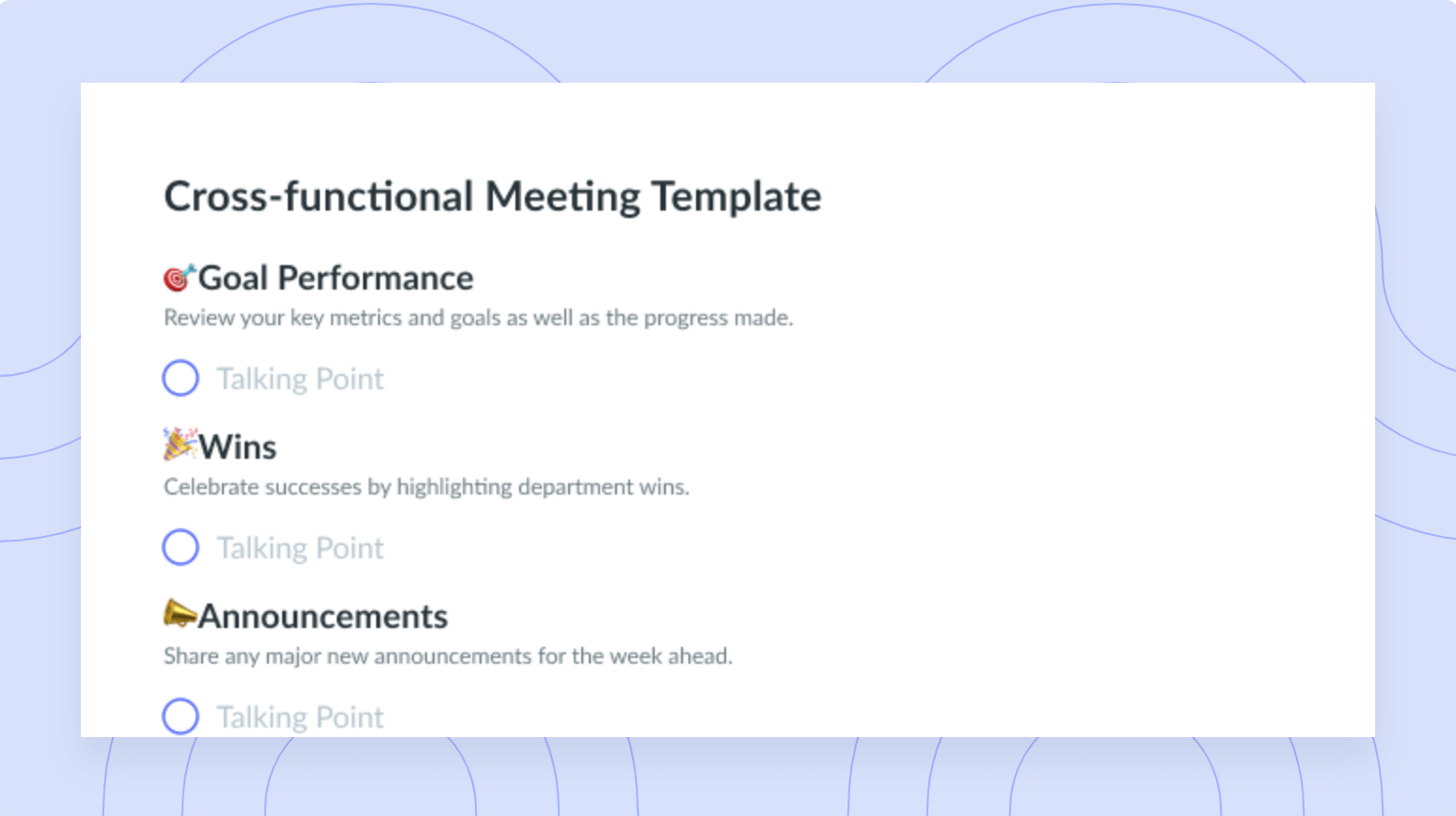Kyle Lacy: Serving Your Team with Unwavering Support and Prioritizing Career Growth
Learn how to support your teammates throughout their entire career as opposed to strictly their present role.
Kyle Lacy presently serves the marketing team as the Chief Marketing Officer at Lessonly by Seismic. Before Lessonly, Kyle sharpened his leadership skills at ExactTarget, Salesforce, and Openview.
The best ideas come from the bottom up and not the top down. Listen to this episode (or read the transcript below) to learn the importance of supporting your team through an open dialog and bottom up ideas.
1 What does it mean to be irrational?
The President of Ogilvy Rory Sutherland wrote a book surrounding the principle of being a little bit irrational while making decisions and it dives into the psychology of irrationality and I highly recommend it. A lot of the best ideas come from being rational, there’s a direct mail piece that you think is going to work because the data shows it’s going to work and then you come to find out that the actual irrational idea that you didn’t test performed better. Leaders need to make room for teams to be irrational and to take risks, and to not always make decisions based on data.
2 When did you start leading a team yourself and what were some mistakes you made early on?
It was at Exact Target when we built out a content marketing team in 2011 and the biggest mistake that I made early on was placing too much of my self-worth and ego into the role and not having enough empathy for other teams or my own teammates. I was also looking for more responsibly because it fed my ego and I’ve learned over the years that in order to survive a high-growth environment, you need to be very aggressive and if you don’t have empathy when it comes to managing teams, then you’re just going to burn people out and you’re not going to be able to grow a team that can scale.
3 What does it mean to serve a team versus having your team serve you?
This came from a guy named Andrew Robinson who was an engineering or product leader at Lessonly and that’s how he would introduce himself. At every function, he would tell everyone that his role was to serve the product or engineering team at Lessonly and it was based around the principle of servant leadership that speaks to a manager supporting the people that work for them.
I’m here to support my team and make sure they succeed at whatever they set out to do. When it comes to serving people , it’s about removing obstacles so my team can get done what they need to and supporting them while they do it. The best ideas are coming from the bottom up, not the top down.
4 What does planning look like for a company with 250 people?
You’ve got annual company objectives that are set at the beginning of the year and then each team lead or each executive member comes up with their teams quarterly objectives that align with the company objectives, and then individual contributors have their personal objectives that align all the way up to the top of the company objectives. The personal objectives of each individual, the company objectives, and then the team objectives aim to support everyone.
5 What is the difference between a job and a career?
It’s very much dependent on the job that you’re in, and the career that you’re in. For me with my team, it’s very much supporting a career because the job and Lessonly is finite. They will either succeed or fail and ultimately move onto their next role. Oftentimes, people don’t look at their career as a whole or a company will pigeonhole their employees into thinking that their trajectory is only within the company at hand and then they don’t end up having anything when the job ends.
The reality is that your next job might not be at the company you’re currently at and you need to think very proactively about that. If we have other companies trying to poach my teammates, I’ll talk them through their offers, and I’ll give them a straight up answer on whether I think it’s a good career move or not. We’ve had people leave the marketing team at Lessonly because they were offered a great deal, and it was a good opportunity for them.
6 How do you make sure that your leads meet their career objectives and continue to build on new skills?
We have a product called Skills, where we’re working on building a skills matrix for each individual on our team so they can develop skills that help them progress in their career and then I meet with every individual quarterly for 30 minutes. In the first two weeks of every quarter, I have 45-30 minute meetings where we talk about their career where I ask them questions about their progress or their specific marketing niche so we can make a point of enabling everyone on the team to work within a role that they enjoy.
7 How do you manage everything that’s on your plate and make sure you’re not trying to do it all?
It really depends on what level you are and ultimately how you manage your time and getting granular and as tactical as possible by leveraging marketing automation software, diving into analytics, and researching and preparing for forward-looking projects.
I encourage all first time managers to spend 20-25% of their week looking six months in advance to really be able to dive into what you will be doing in six months and what your team will be doing in six months. As you continue to progress in your career and take on more senior level positions the timeline will continue to progress and you will be aiming to plan a year out and so on. For me, most of my time is spent thinking about next year, and how I can support the team. I’m not doing very many tactical things because as the company grows, it’s my responsibility to structure and manage everyone’s time to be able to keep up with new expectations and growth.
8 What lessons did you learn during your time at a venture capital firm?
When you’re working at a venture capital firm, you essentially have multiple bosses because you’re reporting to all of the different partners so I really learned the value of alignment. Making sure that everybody was heard and aligned was really important. Another major takeaway for me was learning what different stages of growth look like. I was part of an operating team that was looking at over 20 different portfolio companies so I got to learn a lot about how the leaders at those companies were scaling and learn from their successors and failures.
9 Do you have any tips, tricks, resources, or book recommendations for managers or leaders that are looking to get better at their craft?
I would recommend a book called “Do Better Work” by Max Yoder, our CEO. It’s one of the best books I’ve read and it’s also about our values and how he built those values into the foundation of the company. It’s full of great stories on servant leadership, nonviolent communication, and doing your best work.



